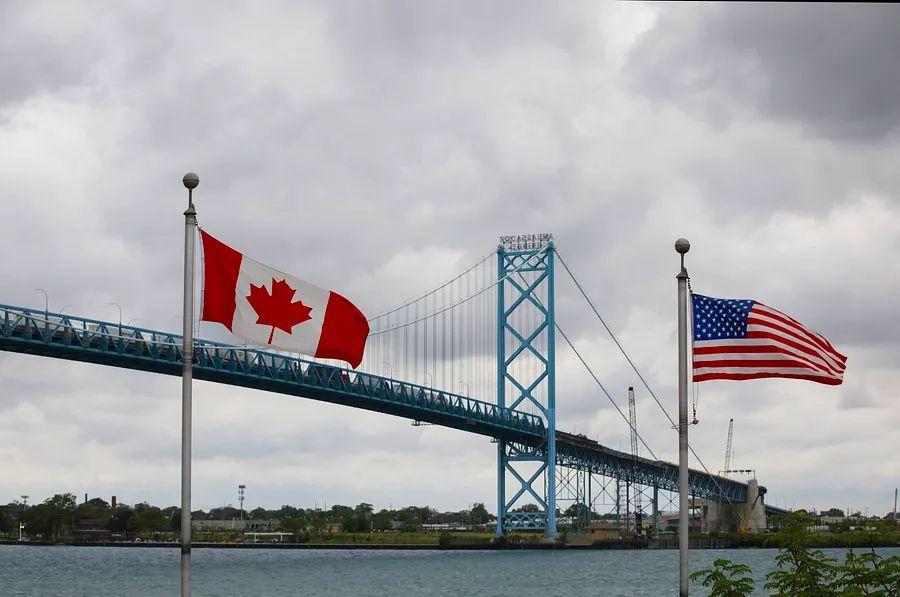Entry restrictions for Canada will stay in effect until November 21.


On July 19, Canada announced it would allow fully vaccinated U.S. citizens to enter starting August 9, but the entry restrictions will now extend through November 21.
In July, Canada's Health Minister Patty Hajdu stated that rising vaccination rates and a decrease in cases would enable a safe easing of border restrictions.
A gradual reopening strategy will help health officials monitor the COVID-19 situation both domestically and internationally, recognizing the hard work and sacrifices made by Canadians.
Allowing Americans to visit Canada for leisure was a significant step in reopening the border, which had largely been closed since March 2020.
As of August 9, fully vaccinated U.S. citizens and permanent residents (having received their final dose at least 14 days prior) can enter Canada for non-essential travel. Travelers, whether driving or flying, must still take a test within 72 hours before departure and undergo testing upon arrival.
Canada began allowing entry for citizens of other nations starting September 7. On September 19, the government announced that these entry restrictions would remain effective at least until November 21, with no updates on potential changes after that date.
Canada is open to fully vaccinated travelers using approved vaccines that meet specific entry criteria, provided the domestic COVID-19 situation remains favorable. Future adjustments may occur depending on the trajectory of COVID-19 cases.
Unvaccinated children under 12 can enter Canada, but they must submit their information electronically via ArriveCAN and adhere to all testing protocols.
The U.S. Travel Association, representing the travel industry, welcomed this development and urged the Biden administration to outline a plan to resume nonessential travel for Canadian citizens to the U.S.
The United States continues to enforce a nonessential travel ban for Canada, which has been extended nearly every month since the COVID-19 pandemic began, currently lasting until October 21.
Despite facing initial delays in its vaccination rollout, 74% of Canadians are now fully vaccinated against COVID-19. As per data from Johns Hopkins University, Canada has reported over 1.5 million positive cases and more than 27,000 deaths.
As vaccination rates rise and positive cases decline, along with several major countries reopening for tourism, many believe Canada should further ease its travel policies. The travel industry is advocating for travel corridors to help recover from the losses incurred during the pandemic.
According to a report, tourism in Canada generated $105 billion and supported one in ten jobs. Additionally, the U.S. Travel Association estimates that the U.S. loses $1.5 billion every month that the border remains closed to Canada.
Nevertheless, the U.S. does not seem eager to reopen its border with Canada, indicating that a full travel corridor is unlikely to materialize in the near future.
"Our guidance is informed by our own medical experts. I wouldn’t frame it in terms of reciprocal intentions," the White House stated on July 19, as reported by CNN.

1

2

3

4

5
Evaluation :
5/5